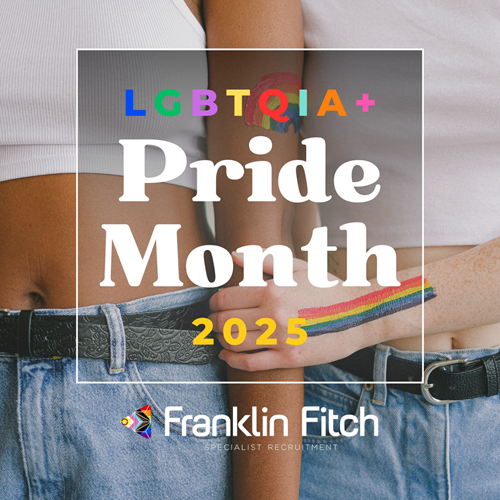
Our annual informative Pride Month booklet aiming at educating on everything LGBTQIA+ as wel...

Our annual informative Pride Month booklet aiming at educating on everything LGBTQIA+ as wel...

Esther Hitch | Cyber Director @ BDO Digital | Strategic Leadership, Information Se...

Joanne Woytek is a distinguished professional at NASA, serving as the Program Director for S...


When someone mentions technology hubs, your mind might immediately jump to places like Silic...
We pride ourselves on trusted partnerships, whether you're looking for a new role in IT infrastructure, talent for your team or considering joining Franklin Fitch. Why not start a partnership today?